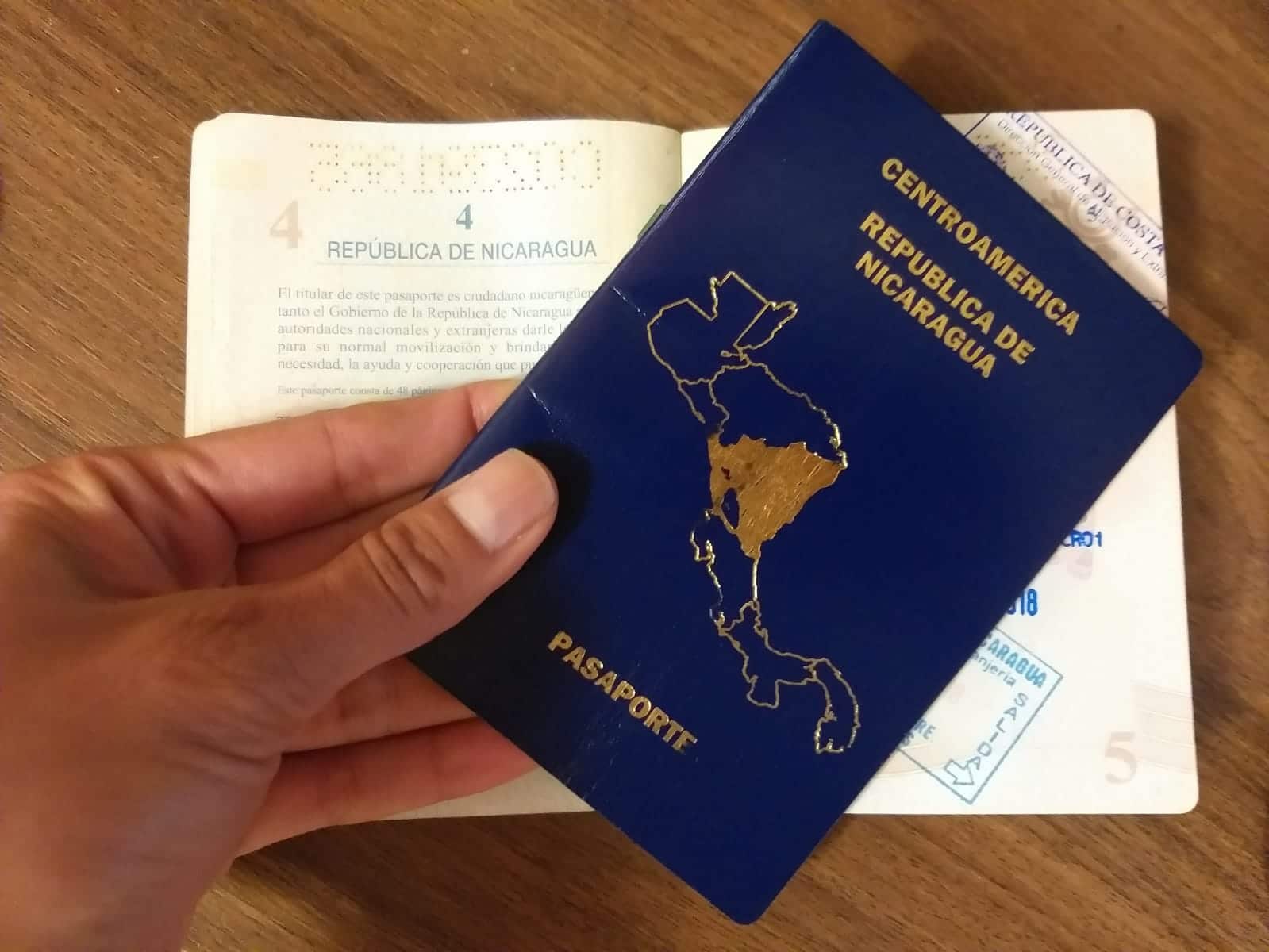22 de diciembre 2019

Nicaragua: Public Employees Hindered from Traveling to USA

PUBLICIDAD 1M
PUBLICIDAD 4D
PUBLICIDAD 5D
Nicaragua is on a list of undesirables for EXIM, which also includes North Korea, Iran, Syria and Venezuela

Manuel Orozco: ni la Cancillería ni Migración han sido proactivas para atender y validar a nuestra mano de obra en el extranjero
The board of directors of the Export-Import Bank of the United States (EXIM), included Nicaragua in its Country Limitation Schedule (CLS) Program, which, as of December 23, will stop working with Nicaragua.
The Bank, also called EXIM, is the official US export credit agency, and operates independently of the Executive Power, with the mission of supporting the export of goods and services from that country, as a way to generate jobs.
EXIM also invests in developing countries, as shown by its website, which lists some of the investments made in the world throughout its history, where it can be seen, for example, that in 1941 it financed the construction of the Pan-American highway, in the section that crosses Mexico, El Salvador, Honduras, Nicaragua, Costa Rica and Ecuador.
The newly approved rules suspends loans, guarantees, and credit for US exports to Nicaragua (and the insurance policies they need), which means that those who wish to export from their country to ours are alone, or must hire those financial services with private entities, at market prices.
“This is a bad signal, which drives away all investment from Nicaragua,” said Guillermo Jacoby, president of the Association of Producers and Exporters of Nicaragua (APEN).
Jacoby explained that EXIM is a bank that invests, but also support investors, so that by withdrawing its support to Nicaragua “it drives away all the investments it is financing.”
The announcement made on December 19, which will take effect on Monday, December 23, replaces the status maintained in March and August, in which support for operations with the Nicaraguan public and private sectors continued with terms of up to one year, as well as from one to seven years and those higher than that period.
The club of the excluded
This will radically change starting Monday, when the Bank withdraws all support, both from the public and private sector, in all the periods contemplated.
With this decision, Nicaragua joins the “undesirables club of the EXIM,” which also includes Afghanistan, Bolivia, North Korea, Cuba, Eritrea, Haiti, Iran, Libya, Nauru, Central African Republic, Somalia, Sudan, South Sudan, Syria, Tajikistan, Venezuela and Yemen.
The president of APEN said that the previous CLS “had not taken us out” of the Bank’s coverage, “but it did contain a warning for Nicaragua.” The fact that now “the short, medium and long term support are eliminated for anyone in Nicaragua, is serious, and can generate a domino effect, which is even more dangerous,” he assured.
This decision sends a message to investors, (even if they don’t work with EXIM), and adds to the message that comes from the other side of the Atlantic, where the EU parliament contemplates imposing new sanctions, and even applying to Nicaragua the democratic clause contained in the EU – Central America Association Agreement.
“It is true that the European Union has not yet sanctioned Nicaragua, but if you were an investor, and receive this news, would you want to invest in Nicaragua?”, Jacoby asked.
The chamber leader recalls that foreign investment drives growth, and without those foreign resources “we would stop growing. This is a negative outlook for Nicaragua, which translates into unemployment. The impact is economic, but the solution is political,” he stated.
Without being the largest, foreign investment is an important source of external resources for Nicaragua, which peaked in 2015, when the country attracted 949.9 million dollars for that concept.
Since then it has been gradually descending, until it collapsed in 2018, when it attracted only 359.2 million, after the Government of Daniel Ortega decided to repress with bullets, the citizens’ demonstrations that demanded his departure, or early elections.
Archivado como:
PUBLICIDAD 3M
Periodista nicaragüense, exiliado en Costa Rica. Durante más de veinte años se ha desempeñado en CONFIDENCIAL como periodista de Economía. Antes trabajó en el semanario La Crónica, el diario La Prensa y El Nuevo Diario. Además, ha publicado en el Diario de Hoy, de El Salvador. Ha ganado en dos ocasiones el Premio a la Excelencia en Periodismo Pedro Joaquín Chamorro Cardenal, en Nicaragua.
PUBLICIDAD 3D